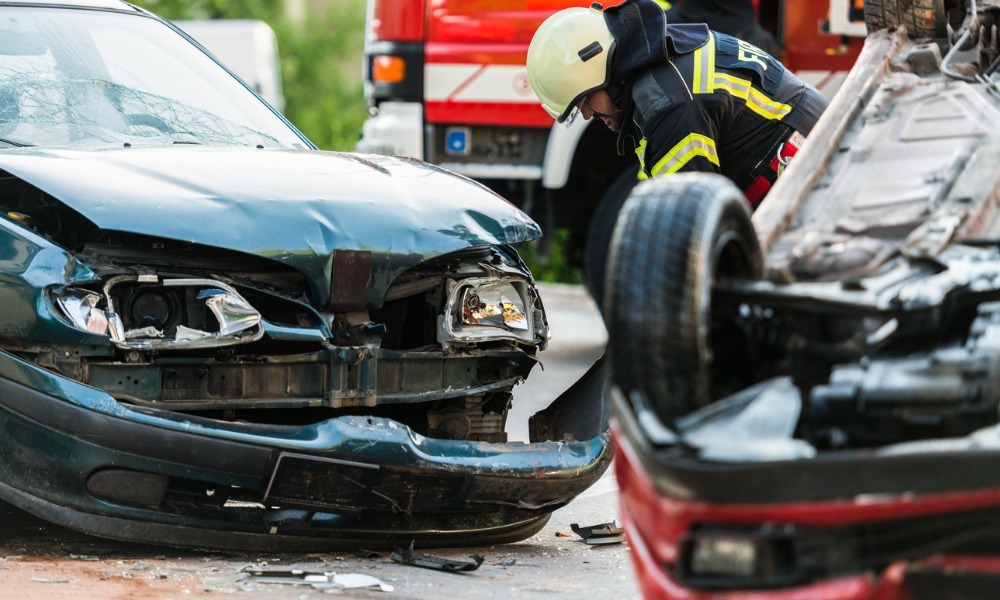The court considered pre-accident conditions and the impact of the accidents on the ability to work

The British Columbia Supreme Court awarded damages to a plaintiff for injuries sustained in two motor vehicle accidents, quantifying damages for injuries that compound pre-existing conditions.
In Kala v Bahr, 2024 BCSC 192, Kalamjit Kala, a 46-year-old plaintiff, sought damages for injuries sustained in two separate motor vehicle accidents in 2017 and 2018. The case, which delved into the complexities of liability and compensation for pecuniary and non-pecuniary losses, provided a detailed examination of Kala's life before and after the accidents, including her personal, work, and medical history.
Kala, who immigrated to Canada from India in 2009, was embroiled in legal proceedings after the two accidents, the first involving a collision with a vehicle driven by Abdurrahmann Bahr, and the second, a collision with a vehicle driven by Kristopher Vedder. While Vedder admitted liability for the second accident, the liability for the first accident was contested by Bahr.
The court examined the evidence, including the testimonies of Kala, her family members, and the defendants and expert opinions from medical professionals and accident reconstruction specialists.
The BC Supreme Court noted that before the accidents, Kala led a vibrant life, deeply involved in caring for her family and participating in the workforce, despite previous setbacks due to a 2010 motor vehicle accident that resulted in back and neck pain. Furthermore, the court found that she returned to work at a blueberry farm, but the 2017 and 2018 accidents profoundly affected her and worsened her existing conditions.
The court highlighted the difficulties in determining liability when conflicting accounts exist and the complexities in quantifying damages for injuries that compound pre-existing conditions. In particular, the court found that Kala had not proven that Bahr caused the first accident, thus he was not found liable. However, Vedder had admitted liability for the second accident, shifting the focus to the assessment of damages.
In evaluating the damages, the court considered Kala's pre-accident condition, the impact of the accidents on her ability to work, her quality of life, and her need for future care. Ultimately, the court awarded non-pecuniary damages, past loss of income earning capacity, loss of housekeeping capacity, and special damages.










